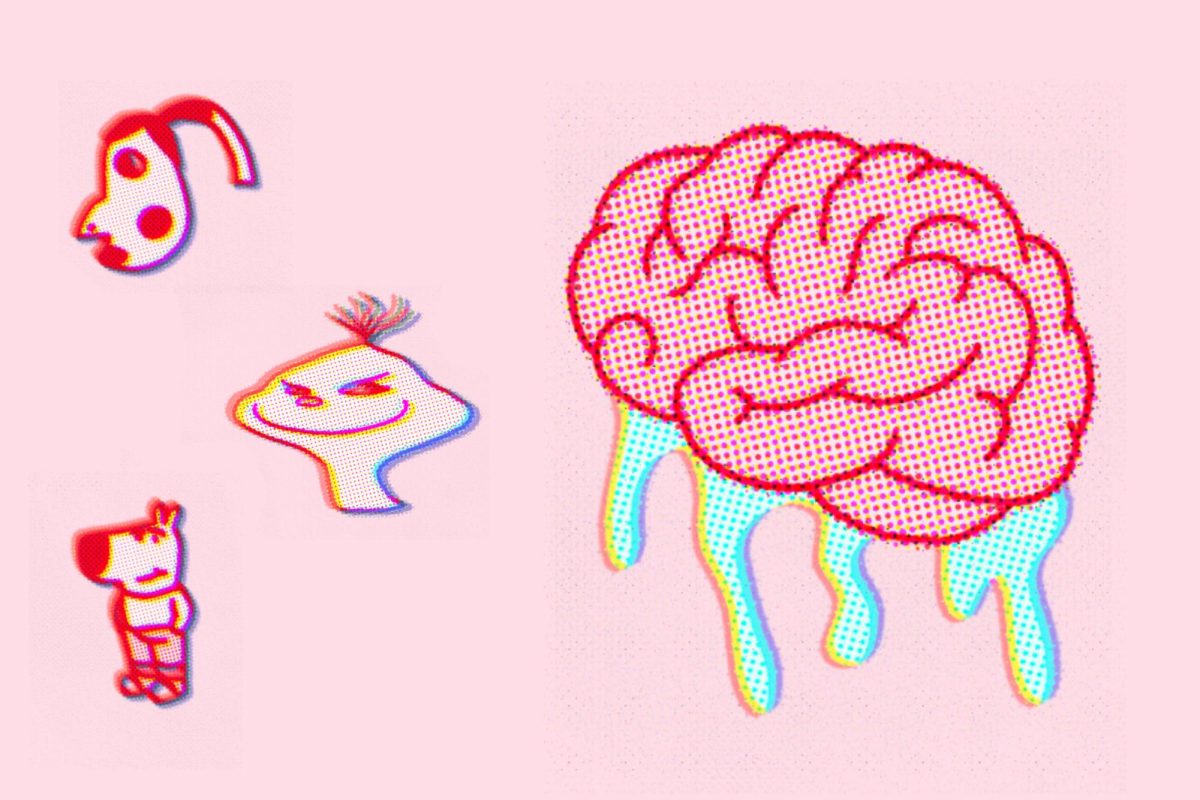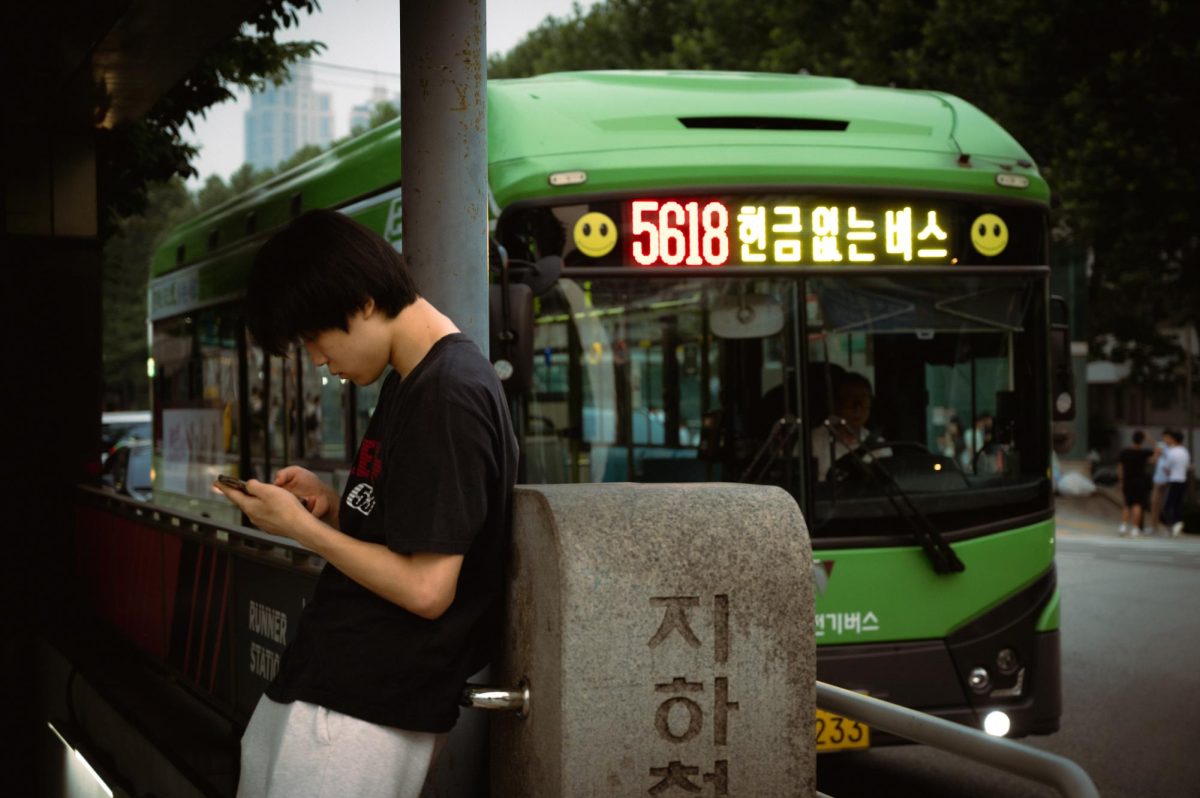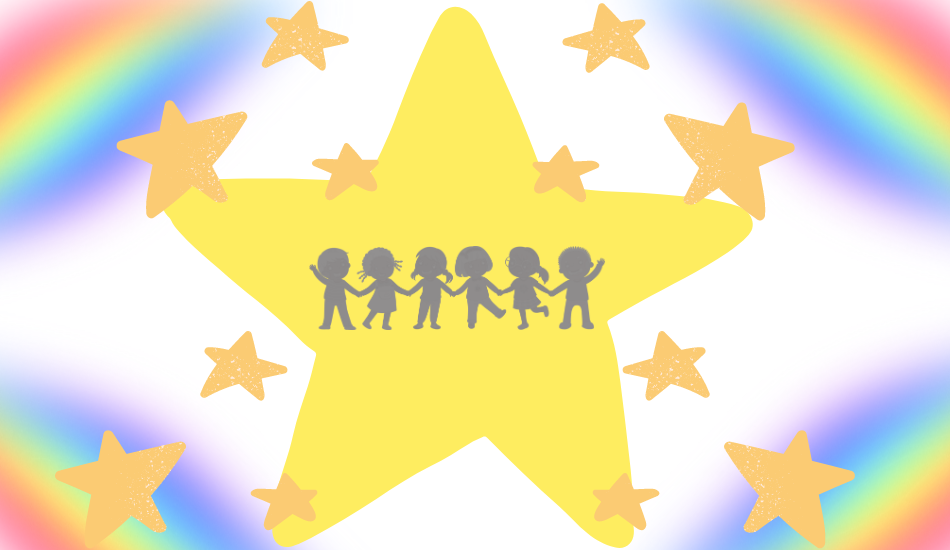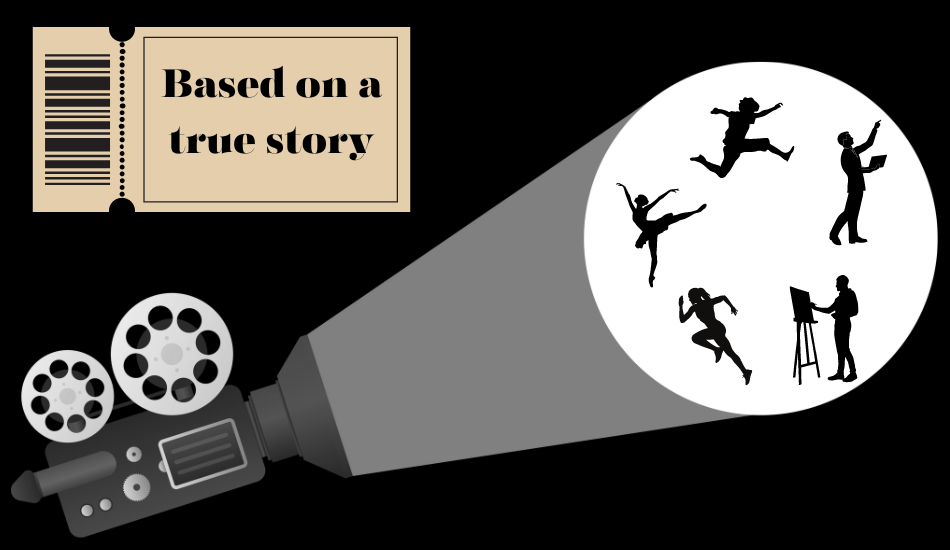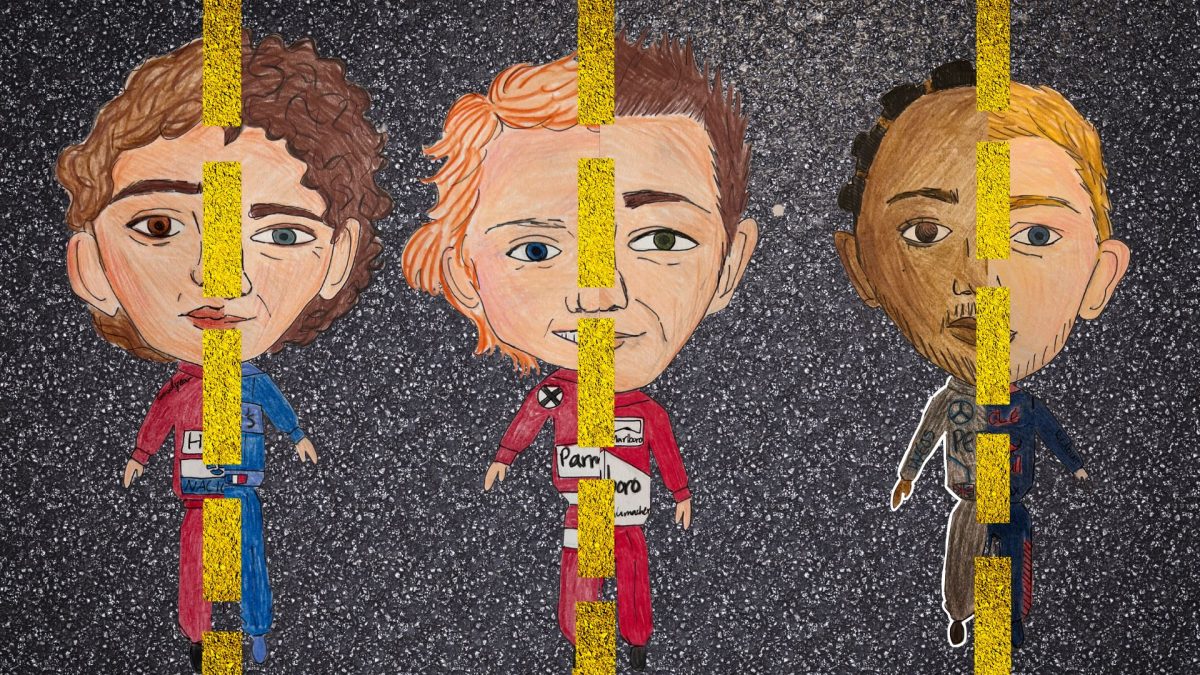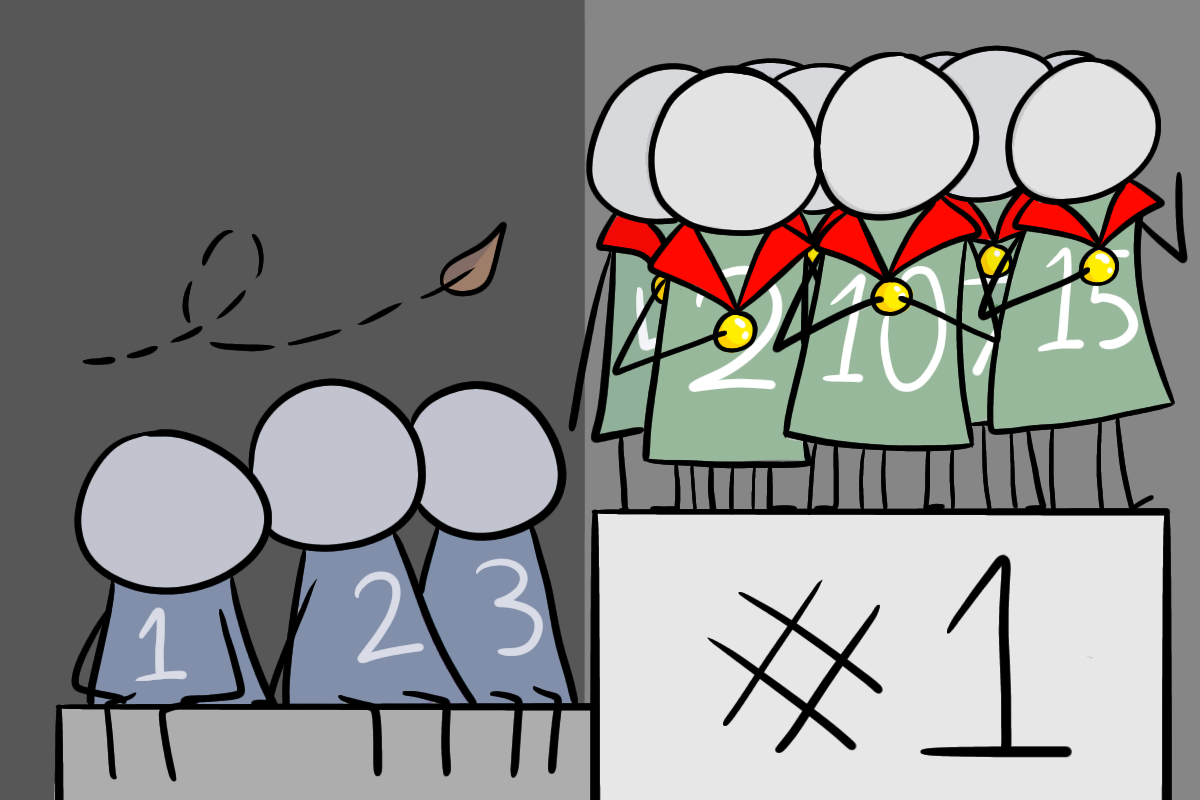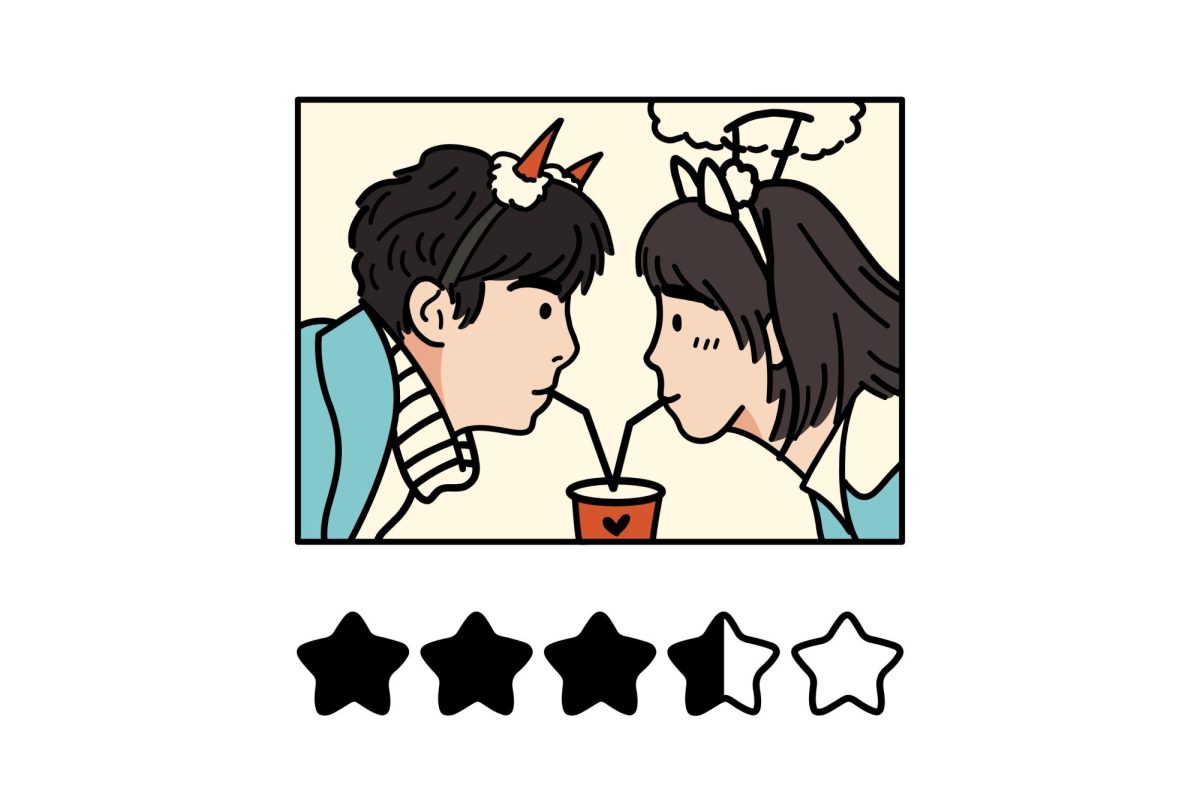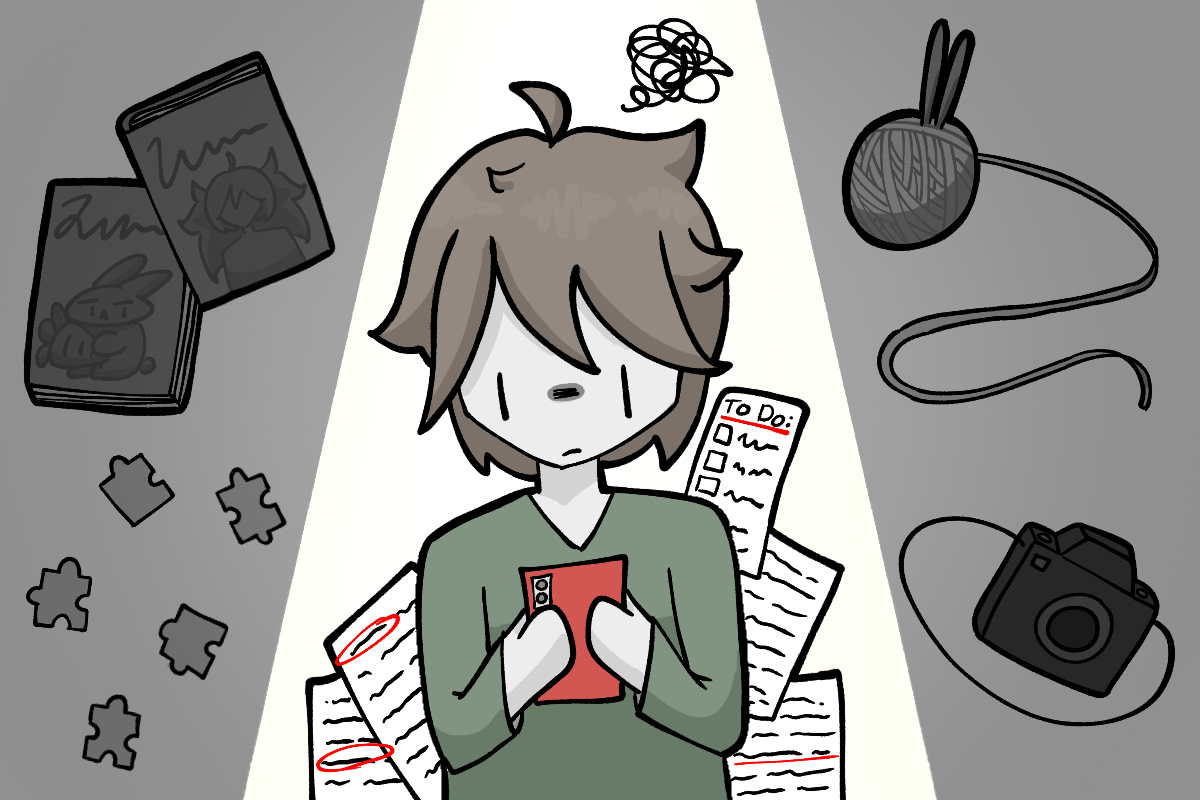Don’t tell anyone; it’s shameful. Don’t tell anyone; be happy. Don’t tell anyone; just fix it.
How did you feel when you got your first ever B+ in your junior year of high school? Or in other words, how did the people around you make you feel? Disappointment? Embarrassment? Failure? But if you seriously think about it, one B+ in the gradebook won’t make you college-less or jobless for the rest of your life, right? So you might ask me… why does it matter so much? Why do I care so much that it haunts me day and night? The reality isn’t that simple; it’s not the superficiality of the letter grade but rather the societal expectations and mindset behind it.
Many Asian students growing up in America have been through a similar situation at some point. I have one piece of advice: it’s okay to feel like a failure! “Don’t fear failure — not failure but low aim is the crime. In great attempts, it is glorious to even fail,” famous Hong Kong-American actor Bruce Lee once said.
However, the main issue lies with the stigma associated with mental health challenges in Asian communities. An unhealthy mindset is typically associated with academic success. Society often assumes all Asians are “born smart” and therefore should be expected to effortlessly stand out among other races. This idea applies not only to students but also to adults in the workforce. 57% of Asian adults born in the United States are familiar with the term “model minority” — a phrase used to refer to a minority group perceived as exceptionally successful as compared to others.
A situation we’ve all seen is when someone says “Oh, you’re Asian, so you’re good at math” or “Of course you’re a doctor” before thinking about what is coming out of their mouth. They don’t realize the reason behind the success is the effort we put in. We have good grades or good jobs because we care and work hard, just like everyone else who has good grades or good jobs. Because of this stereotype, we have to work much harder than others to have our accomplishments recognized. This is just one example of the overwhelming pressures Asians face, which can lead to unhealthy thoughts and actions. They have yet to realize that mental health is just as important — if not even more — as academic and work success.
With rising mental health awareness around the world, many communities have opened up to the concept of mental health and have made treatment options available to the public. However, Asian communities fall behind in this trend. Traditional views of mental health prevent many individuals from seeking help, whether with healthcare professionals or family and friends. Studies show that Asian Americans are three times less likely than their White counterparts to seek treatment for mental health concerns.
In Asian households, struggling with mental health is thought to show weakness — that you are incapable of taking care of yourself or your family or living a “normal” life. This weakness, thus, is frequently associated with insanity. Asians tend to shy away from individuals who may have had a history of mental struggles and tell those around them to do the same because they’re afraid this unwelcome negativity will “spread” to them.
In addition to societal pressures, self-stigma is a major reason why Asians are reluctant to talk about mental health. Talking to someone about your feelings is inherently shameful and embarrassing. We don’t want others to find out about our situation because we know they will treat us differently, like an outcast.
Your family’s image and reputation define who you are outside of your home, especially in Chinese culture. You don’t determine your own worth; your worth is determined by what others think of you. As a result, many keep their emotions to themselves without realizing the dangers. They would rather be miserable and “normal” than seek treatment and be seen as “weird.”
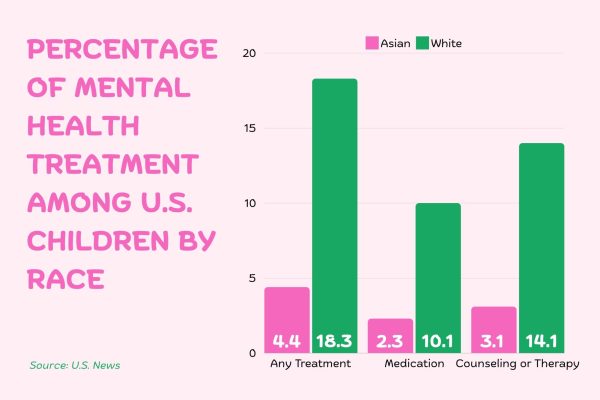
Since most Asians see mental health as a controversial topic and don’t want to be involved with it, they don’t talk about it at home with their families. Many kids and adults are not aware of the signs and symptoms of illnesses such as depression, instead thinking they just have to “fix themself” and “be happier.” They are also less likely to utilize mental health services — even if they’re confidential — because they do not know about national services like the 988 Suicide and Crisis Lifeline or local support like West’s NESTT space. In 2021, only 25% of Asian adults with a mental illness reported receiving mental health services compared to the 52% of White adults. In addition to the lack of information, Asians also avoid seeking treatment or utilizing mental health services because doing so would admit the existence of a mental health disorder, which would bring shame to their family.
The absence of support for individuals going through hardship may lead to a drastic decrease in self-worth and a change in behavior. This influences the way they are perceived in society, making them especially vulnerable to isolation within their community. This discrimination they face is not a minor issue. Discrimination is inherently difficult to deal with, and for some, it may grow to become so extreme that they make dangerous decisions. The Centers for Disease Control and Prevention found that in 2022, the leading cause of death for Asians ages 15 to 24 in the U.S. was none other than suicide.
Asians now make up about 7% of the nation’s population, and their numbers are projected to increase within the next decades. We must normalize seeking mental health treatment within Asian communities, and we must do it now.




